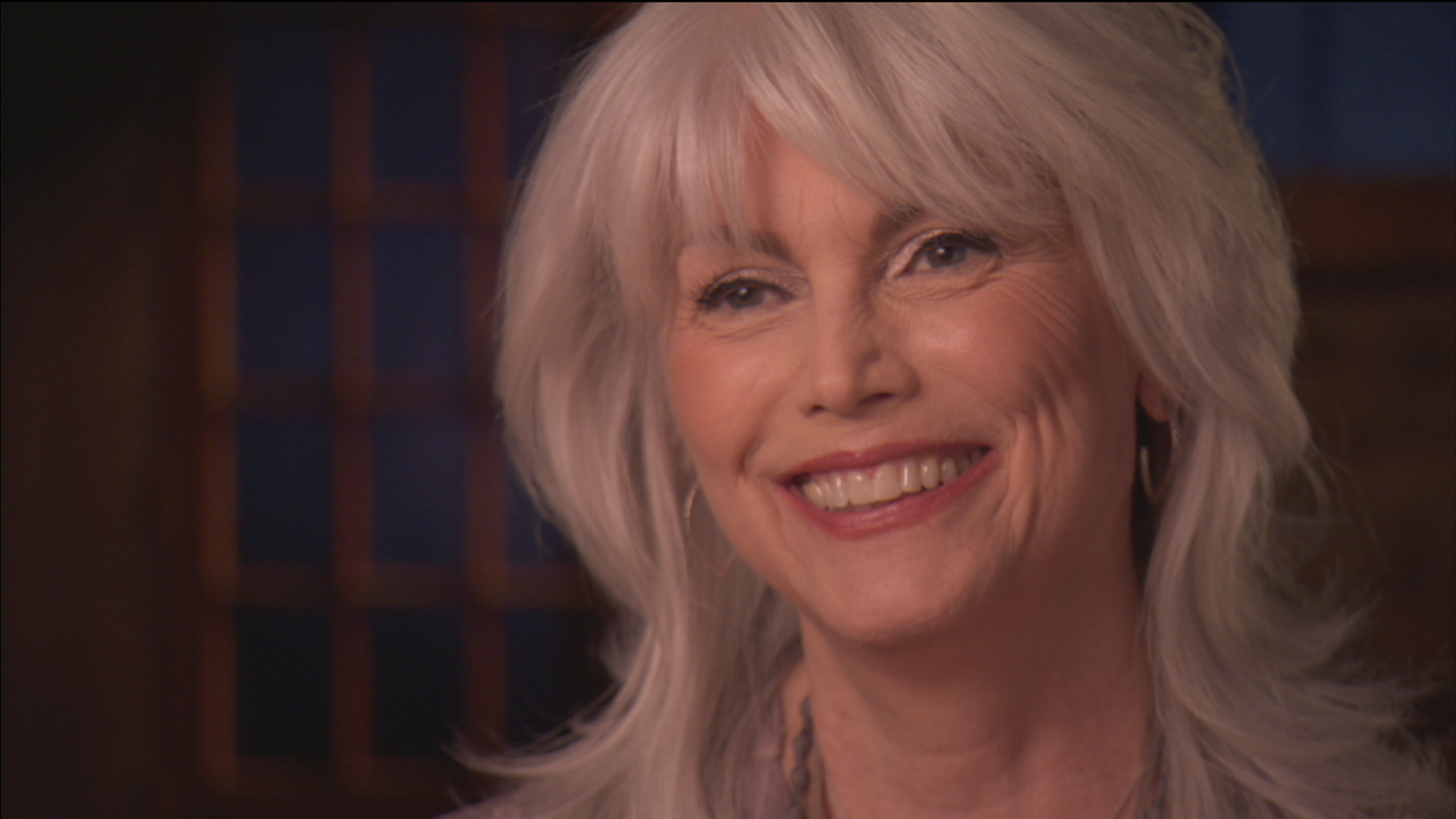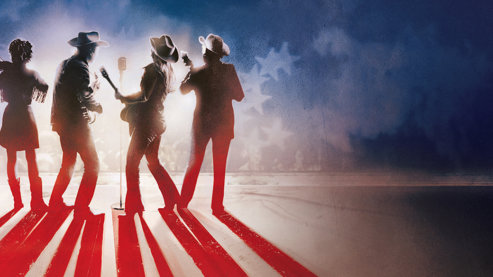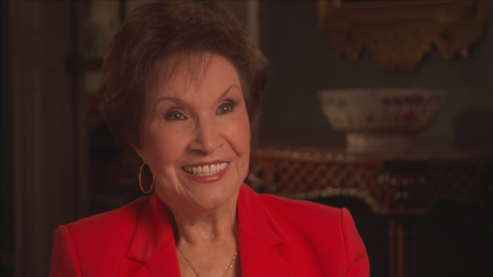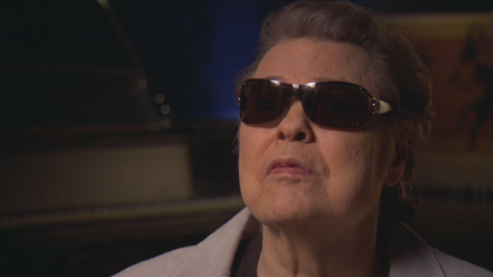Emmylou Harris Biography

Few artists have had as big an impact on country music as Emmylou Harris. The daughter of a career Marine Corps officer, Emmylou grew up in the American South and was a straight-A student, saxophonist in the marching band, cheerleader, and the valedictorian of her high school. In 1967, she dropped out of college and moved to New York with her guitar. After a brief time there – and a brief marriage – she and her newborn daughter moved in with her parents, outside Washington, D.C. After hearing her performing at a club, a member of the Flying Burrito Brothers told country-rocker Gram Parsons about her remarkable voice. Parsons had been searching for a female vocalist to work with on a new album; he found that in Harris. In turn, he introduced her to the roots of country music, shifting her musical identity and changing the course of country music. “I had finally discovered who I was as a singer,” Harris remembers. “I was a singer who was coming through the country music door.”
After Parson’s sudden and tragic death, Harris released two solo albums. She filled them with an eclectic gathering of songs reflecting the classic country sounds she’d learned to appreciate from Gram. Her remake of an old Louvin Brothers song, “If I Could Only Win Your Love,” rose to No. 4 on the country charts; then her renditions of Buck Owens’s “Together Again” and Patsy Cline’s “Sweet Dreams” both reached No. 1. One reviewer, noting her background in folk music and that she was based in Los Angeles, nevertheless declared that her music was “more country than Nashville.” Subsequent albums featured songs that tied her to country’s heritage – from Carter Family and bluegrass standards to classics like Patti Page’s “Tennessee Waltz” – but also incorporated songwriting from beyond Nashville, with work by Townes Van Zandt, Rodney Crowell, Bruce Springsteen, and James Taylor. She has become widely recognized as a leader of the new traditionalist and Americana movements and her bands have helped launch the careers of Crowell, Ricky Skaggs, Vince Gill, Sam Bush, and others. In 1992, her recording of a live album at the Ryman Auditorium, closed since the 1970s and slated for demolition, reminded people of the hall’s incomparable acoustics as well as its place in music history – and helped the campaign to save it from destruction.
It seems to me that country music follows us through our lives. You have to get a job, you fall in love – probably unsuccessfully a few times before it finally happens. And then you face losing your job, losing a loved one – the devastating things that can happen to all of us in our lives. Country music has always told that story.
Whatever age we are, we’re all going to experience loss. We’re all going to experience joy. And I think country music has, over the generations, been the place that we’ve told those stories to each other and about each other. And, hopefully, that will continue.
Harris has received nearly every industry honor in existence, including multiple CMA, ACM, GRAMMY, International Bluegrass Music Association, and Americana awards. In 2008, she was elected to the Country Music Hall of Fame. In 2011, she was awarded the ACM Cliffie Stone Pioneer Award and, in 2018, a GRAMMY Lifetime Achievement Award.
Born: April 2, 1947, Birmingham, Alabama



